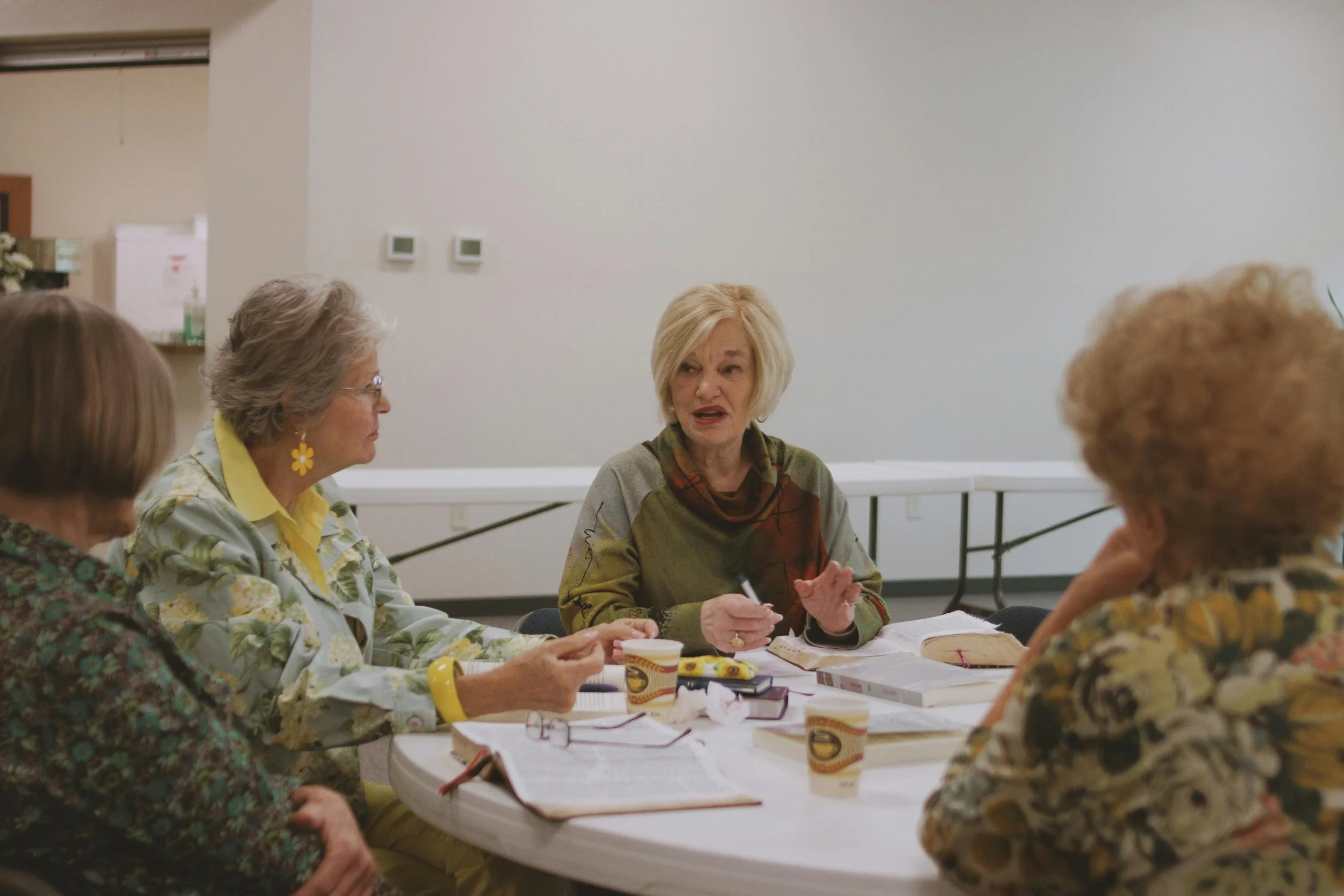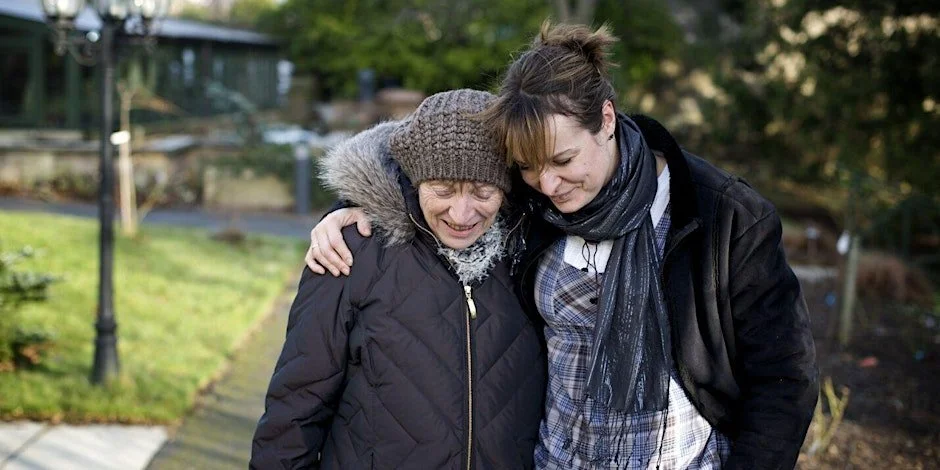Chosen Family Networks
Not all individuals have the ‘traditional’ family network; many people rely on their ‘chosen families’, particularly those in the LGBTQ+ community. This may sound like a simple piece of information, but when you look at the research and what happens in practice, we see that often chosen families aren’t always included in discussions or planning, which can have serious consequences for individuals.
“Chosen families” are networks of friends, partners, and community members who provide crucial social, emotional, and practical support. These chosen families are especially vital for LGBTQ+ seniors, who may lack the support of biological family members due to estrangement, past discrimination, or geographical distance. Almack et al. (2019) emphasise that chosen family networks play a central role in the lives of LGBTQ+ people, offering companionship, advocacy, and emotional support that may otherwise be unavailable. For LGBTQ+ individuals facing dementia, the support of a chosen family can make the difference between feeling connected and cared for or experiencing isolation and neglect (Almack and King 2019; Westwood 2016). Recognising the significance of chosen families, therefore, is not only beneficial for the patient’s mental and emotional well-being but is also an ethical imperative in ensuring equitable, person-centred care for LGBTQ+ individuals.
Incorporating chosen families into dementia care represents a critical step toward more inclusive, affirming care practices that fully honour LGBTQ+ lives (Almack and King 2019; Putney et al. 2018). Many current dementia care models rely on traditional family involvement, where biological relatives are assumed to make key decisions and participate in caregiving. However, this approach can exclude the very people who provide the most reliable support for LGBTQ+ patients.
Inclusive policies that recognise and incorporate chosen family members in decision-making, visitation, and care planning are vital for ensuring that LGBTQ+ patients feel truly supported (Hafford-Letchfield 2023; Parish and Bond 2023). Training staff to understand the concept of chosen family and actively incorporate these individuals into caregiving decisions can help reduce feelings of isolation among LGBTQ+ individuals, enabling them to maintain meaningful connections and receive advocacy from those who know and care for them best. This shift toward recognising chosen families is not only beneficial for LGBTQ+ patients but also promotes a broader, more inclusive approach to care that respects diverse support systems and honours the unique needs of each individual.
Adapted from DSDC’s LGBTQ+, Dementia and Ageing resource.
Learn more about how to provide an inclusive service for the LGBTQ+ Community and book onto DSDC’s training course LGBTQ+ Inclusivity in Dementia and Ageing.





